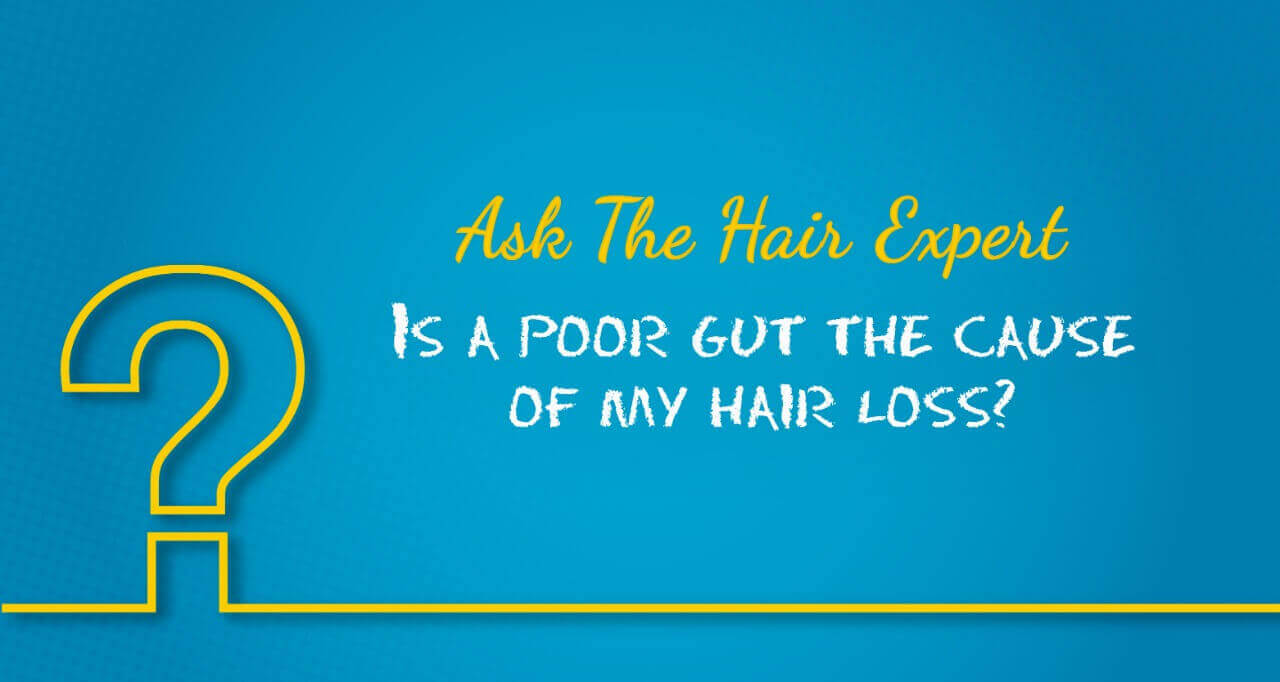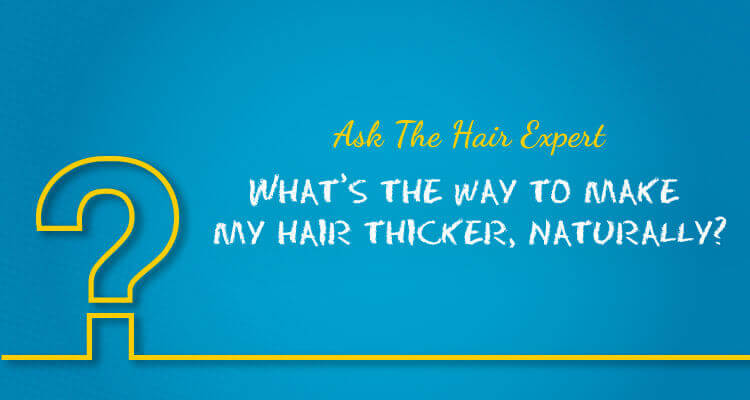Oiling. Shampooing. Conditioning.
The three most important cornerstones of hair care. We have surely spoken much on this across our blogs. You may have also read our previous blogs on this specific topic too.
While you know the importance and perhaps follow these three primary steps to hair hygiene, one way or the other – wrong practices while washing, combing and drying the hair are predominantly the reasons why you spot hair falling in clumps in your shower, on your towel, on your comb and hair accessories. Simple changes and corrections on this front alone can make a big impact on your hair’s health.
One question which seems to be bothering many of you, given the plethora of hair products in the market, especially shampoos, is how to choose the right shampoo! How do you know if you are using the right one? Is your shampoo the cause of your hair concerns? What’s with all the talk on sulfate-free shampoos?…. These are just a few of the many queries on shampoos received by us.
So here we are, once again, with our ‘Ask the Hair Expert’ series; this time to address your queries on understanding how shampoo works and how it can actually lead to hair loss, if not chosen right. And as always, apart from addressing your immediate concerns, we will also recommend tips to manage your hair, to keep it problem-free.
You asked: “How exactly does shampoo impact hair? Can shampoo cause hair loss? How do I choose the shampoo that is right for me?”
Here’s the answer from the Hair Experts.
The shampoo that is right for you will depend on your hair type and your scalp condition.
A trip to your Trichologist’s clinic will help you understand the kind of shampoo you should use, the frequency of usage and the right way to use it!
It is a myth that frequent shampooing can cause hair loss or cause hair damage. On the contrary, shampooing regularly is a must for hair and scalp hygiene. What is crucial here is – what shampoo are you using?! Is it the right one for you?
The other side of this is the frequent changing of shampoos. Now, this could be a problem. Experimenting with off-the-shelf shampoos, without being aware of its ingredients and without checking on the root cause of your hair and scalp concerns, is not very wise.
Which shampoo you use, and how you use it – these can be the key to cracking your questions on the topic.
So, let’s first understand why you need to shampoo in the first place, how it impacts your hair, what kind of ingredients you need to look for or avoid. We will then see conditions that are typically triggered due to stress and how to tackle them, along with some handy tips, as always.
Why should you shampoo?
The primary purpose of shampooing hair is to remove the accumulated dirt and grime/ excess oil from the surface of your hair and scalp. The scalp is where dead cells and grease build-up. And the pollution around tends to stick to your hair strands as you go about your day. Thus, shampooing is your basic clean-up process to maintain personal hygiene.
This makes shampoo a necessary item in your grocery list, isn’t it? Now how do you decide what to buy? You will find a multitude of shampoos in the market today, with varied ‘advantages’, ingredients and claims. This is where it gets tricky. Unless you understand the ingredients and at the very minimum, what is to be surely avoided, it is very likely that you get influenced by the packaging or advertisements and end up with the wrong product in hand! And your hair will bear the brunt of this decision.
So, how important are the ingredients in the shampoo? What to look for? What to avoid?
Ingredients of your shampoo are very important, as with any hair product. That and your own hair & scalp condition – two things that matter when you pick a shampoo.
Typically, shampoos contain a primary and a secondary surfactant to ensure thorough cleaning, a solvent, a viscosity builder, certain conditioning agents, pH adjuster and few other non-essential components to differentiate by fragrance or colour.
The concern here is the overdose of chemicals added to this above basic formula, for commercial purposes. When the formulation is not right, it can damage the cuticle. The harmful chemicals then end up penetrating into the inner layers as you shampoo. This causes hair damage and also affects your scalp, especially when you don’t rinse it well. The shampoo residues if left on the scalp can cause some serious concerns in the long run.
Sodium laureth sulfate, dimethicone, panthenol, citric acid, certain parabens like Methylparaben, Ethylparaben, Butylparaben, zinc pyrithione, Cocamidopropyl Betaine are some of the ingredients you may perhaps see in the popular shampoos.
There is a lot of controversial talk about the usage of sulphates and parabens in beauty products, especially in shampoos. As with all things, it is the balance of its usage, the way it is used, the overall formulation is what matters.
What are Sulfates? It is this ingredient that makes your shampoo lather up and cleanse your hair & scalp. It is a surfactant that attracts both grime and water. The three commonly used sulfates in the industry are Sodium Laureth Sulfate, Sodium Lauryl Sulfate, and Ammonium Laureth Sulfate. Sodium Lauryl Sulfate is the strongest, followed by Sodium Laureth Sulfate and then, Ammonium Laureth Sulfate.
Sodium Laureth Sulfate, as mentioned above, is what’s most commonly seen in shampoo formulations, in varied proportions and combinations. This compound makes the excess oil & dirt stick to it and gets washed off with water while your rinse.
When used in the right proportion, in the right formulation, sulphate serves its purpose without damaging your hair. Only when this formulation is not right, or not suitable to your specific hair and scalp condition, does it give rise to hair concerns.
It is important to understand that sulphate, as such, is a required ingredient, and it is never used in its raw form, stand-alone. It is used in a combination with many other carefully chosen ingredients and hence cannot be branded harmful as such.
Paraben is another ingredient that is often discussed. Parabens are basically preservatives. They are known to inhibit microbial growth in the products and ensure that they are shelf-stable. Again, as with sulphates, the right variant of paraben, used in the right formulation, is not harmful.
If in case you have a specific hair and scalp condition or are allergic to these components, requiring a certain kind of hair care, you may then be asked to use sulphate/paraben-free shampoo.
Remember, your shampoo should effectively clean your hair & scalp without violating your hair’s natural moisture, keeping it healthy. That is its purpose. The shampoo’s formulation and its ingredients should thus serve this purpose.
Do all shampoos cause hair loss?
Shampoo and conditioner interactions occur in the first few layers of your cuticle. The cortex will be impacted only if there is extensive cuticle damage and your cortex is exposed. (Do read our blog on hair anatomy to understand this better.) This is when hair damage can happen. The abrasive action of the shampooing process, in such a case, can damage the keratin and non-keratinous structures on the surface of your hair. As such, when your hair is healthy & you have the right shampoo in use, it does its job and there is no cause of concern.
Which brings us to your question – Am I using the wrong shampoo? How will I know?
Well, here are some signs to watch out for.
- Hair is too dry or frizzy.
- The scalp is itchy.
- Noticeable dandruff or flaking.
- Hair is oily at the scalp area and dry everywhere else.
- Hair colour is dull.
- Your hair colour fades away a tad too quickly.
- You feel the need to shampoo daily.
- You find it very hard to style your hair.
- You used to have curly hair but not so much anymore!
- Your hair strands seem to be thinning.
- Your scalp feels exposed.
- More and more hair on the floor in your shower and on your comb…
If you are otherwise in good health and notice any of these signs, it’s time to re-read the fine print on your shampoo packaging and check-in with a Trichologist.
Basically, when it comes to hair and scalp problems, the wrong shampoo for you, can either trigger a new condition or make an existing one worse!
Apart from the ingredients that we have discussed above, knowing your hair type, your hair porosity, your scalp condition – these are key to choosing the right shampoo. After all, different types of hair need different types of care!
You literally need to choose once but choose right for yourself.
Many of these things discussed above perhaps sound too technical?
We can understand if you question – How do I identify my hair type? How can I decipher my hair or scalp condition? How do I know which shampoo formulation is right for me? I can’t even read these incomprehensible ingredient names on the shampoo packaging!!
This is where a trichologist can be of immense help.
How can a Trichologist help?
Trichologist will diagnose your hair & scalp condition, identify your hair type and give you valuable inputs on the kind of hair care you need. And which shampoo you should use! Trichologists understand all that fine print on your shampoo packaging and can put it across to you in simple terms! He/she is the right person to guide you on the right product and its usage.
Apart from guidance on hair products, through the diagnosis, he/she will also let you know if any specific care is to be taken and if any tricho treatment is needed if the hair is already considerably damaged. It could be a topical treatment, basic hair fall treatments, rejuvenating therapies etc., all depending on your hair’s need. Remember, no one solution fits all! So a Trichologist’s prescription is always personalised, for you.
Do visit a reputed clinic to meet a trichologist. Have an open discussion on your concerns, your expectations and put your queries and worries to a logical end. Get professional guidance on what’s good for your hair.
We trust that your questions have been addressed! Do reach out to us at any point with your doubts or concerns. We are just a call away to help you figure your hair queries out!
Do read our hair care blogs that give you very simple tips to care for your hair on a daily basis, and for all things ‘Hair’, do follow our blogs on hair loss, treatments & solutions, and interesting hair trivia!
Connect with us on social media on the links below. Please leave your questions & comments, and we will address them all, just as we have done today!



